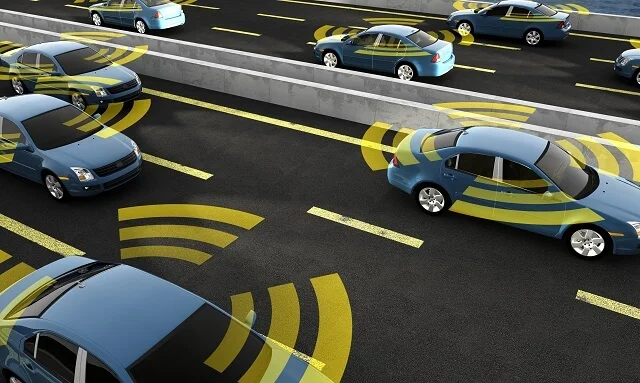In the last few years, the public and media have been abuzz over the impending release of driverless, or autonomous, vehicles, throughout the country. Industry insiders have predicted the end of the automotive industry as we know it and a transition away from personal vehicles to a system of autonomous cars.
In the race to be at the head of this new trend, many different companies have entered the autonomous vehicle race, creating prototypes and testing vehicles across the country. The inevitable acceptance and embrace of this new technology seemed obvious until recently.
The New Challenge For Autonomous Vehicles in Rancho Cucamonga and Elsewhere
On March 18, 2018, driverless vehicle technology suffered a significant blow when a pedestrian was struck and killed by an autonomous vehicle in Tempe, Arizona. The vehicle was part of one of Uber’s autonomous vehicle pilot programs that it is operating throughout the country. Upon hearing of the accident and the death, the governor or Arizona immediately suspended Uber’s program in the state.
Uber’s program had been focused on beginning to increase use of autonomous vehicles in its driver services, sending unmanned vehicles to certain customers where Uber had determined that the conditions were favorable for an autonomous vehicle. It hoped to eventually begin meshing driver-led vehicles with driverless vehicles throughout the country.
Thanks to the recent unfortunate news, Uber has now put this program on hold, and the media scrutiny around the accident has required many tech companies to reevaluate their autonomous vehicle programs and how safe they are.
What Does This Mean For the Future of Autonomous Vehicles?
While the progression in technology supporting autonomous vehicles, and the corporate commitment to utilizing that technology remains strong, this recent accident, and others that have occurred have led for calls for companies to take the transition to autonomous vehicles more slowly, making certain that all the necessary safety precautions are in place.
The National Transportation Safety Board is currently investigating the crash in Tempe and has expressed concern both about how the crash occurred and how autonomous vehicle companies have defended their technologies in the wake of this crash.
The Council of Future Mobility, an advisory group looking into autonomous vehicles, has also recently released an advisory suggesting that there are many other decisions that automakers will need to grapple with before autonomous vehicles can be widely disseminated, including dealing with cybersecurity issues and figuring out updated insurance practices.
California Attorneys Helping You Navigate The Complexities of New Technologies
While the unfortunate accident that occurred earlier in March, and the recent spate of critical news on autonomous vehicles does not spell disaster for the industry, it does mean that automakers and companies looking to get into the autonomous vehicle space must be particularly careful about their safety practices and the technologies they are investing in.
It also pays to carefully read and understand the public concerns about these issues and to know when and how to best position new developments to maximize exposure but minimize liability. At CKB Vienna LLP, our attorneys work at the forefront of automotive technologies and understand the questions about liability that clients may have. To talk with us about your concerns, contact us online or at 909-980-1040.

